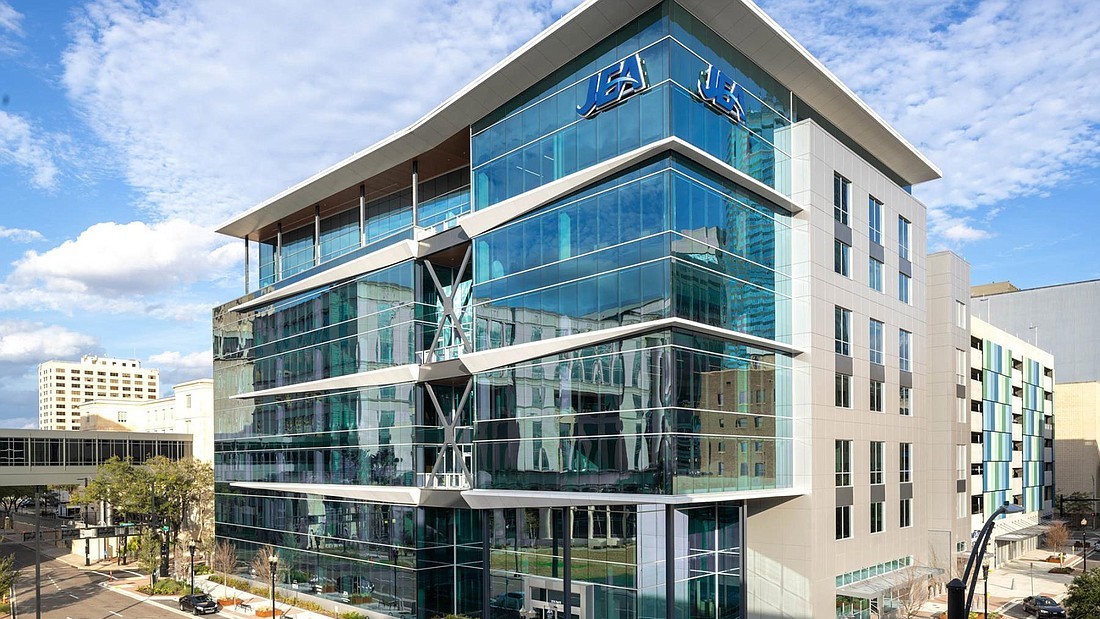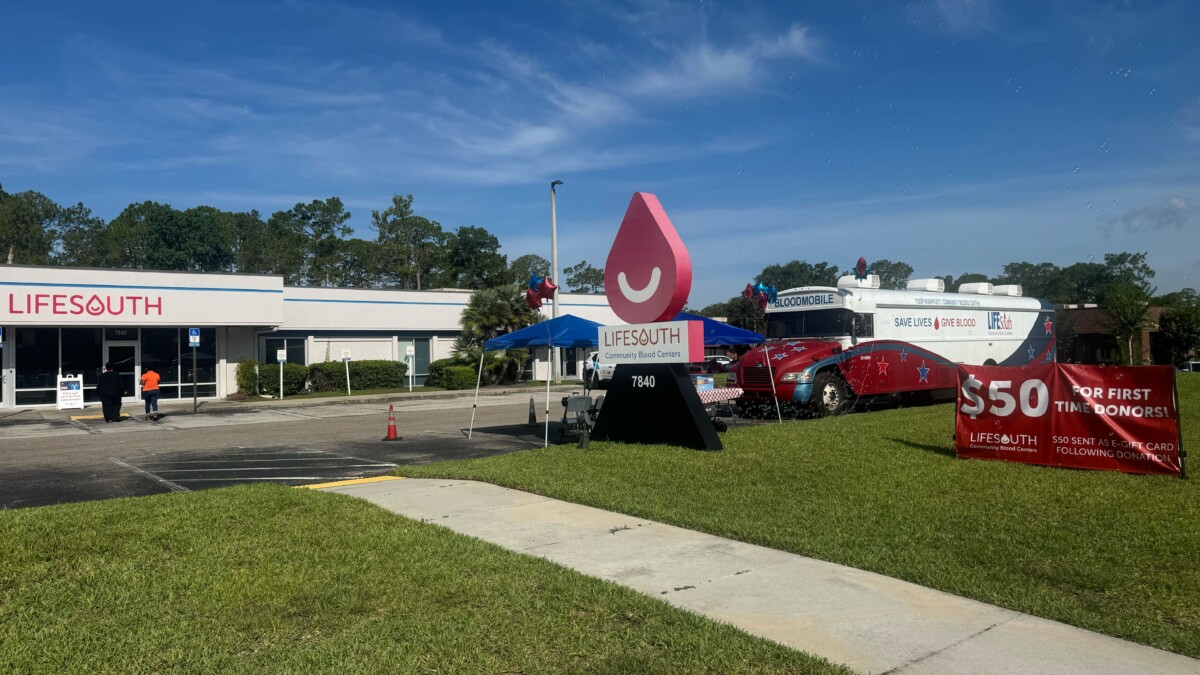JEA officials have approved a $2.37 billion annual budget that includes the public utility’s largest-ever single-year contribution to Jacksonville’s general fund.
The budget, approved by JEA’s board Tuesday in a 7-0 vote, does not include any new rate increases for customers. The utility in March approved bumps to electric and water charges, which have since gone into effect.
Under a deal with the mayor’s office, JEA is proposing to make a one-time, $40 million increase in the amount of money the electric, water and wastewater utility contributes to the city. If the Jacksonville City Council approves the agreement, the utility’s annual contribution will be $179 million in 2026, up from $137 million in 2025 and $124 million in 2024.
Including the public service tax and city franchise fees, JEA’s total payments to the city in 2026 would be $348 million.
JEA Chief Financial Officer Ted Phillips said Tuesday that when JEA was approached by the city to increase its annual payment, the utility “de-risked” some of its debt from variable-rate to fixed-rate, which generated a $38 million savings.
Phillips said that allows JEA to meet the request of Mayor Donna Deegan’s administration without a rate increase.
“So, basically, we brought that to the table and said, ‘What if we just give this to you as a one-time contribution, and then we wouldn’t be increasing year-over-year, because I don’t have a revenue stream to match that?’” Phillips said Tuesday.
JEA’s required annual contribution is renegotiated every five years, according to Phillips. The bill before city council would set the next four year’s contributions:
- FY2026: $178.8 million
- FY2027: $140.2 million
- FY2028: $141.5 million
- FY2029: $143 million
Council member Michael Boylan, a Mandarin Republican who acts as liaison to JEA, tells Jacksonville Today that the one-time increase comes as officials expect a tighter budget for the city over the next several years.
“I’m certain the administration and we, as the council, are appreciative of the fact that as we get into a tight year, the necessity for us to find what capital we can in order to support the operating budget for the coming year,” he said.
Electric growth, higher costs
JEA’s larger overall spending plan also accounts for continued rises in electric and water costs, as prices for fuel, purchased power, chemicals and labor costs go up.
At the same time, Phillips told board members Tuesday, JEA’s water sales continue to go up as its customer base rises, and the electrical system has also experienced organic customer growth for the first time in years.
According to Phillips, the growth in electric demand is driving an additional $99 million in spending on capital projects like new transmission and distribution lines. The total capital budget for the electric system is $406 million.
“Think of a wire as a highway,” Phillips said. “There are more and more cars and, at a certain point, it’s just not big enough any more. So, we’re having to make improvements to have those lines be able to carry more power from point A to point B because there’s more usage and more customers.”
The biggest single-year expense jump in JEA’s electric budget is fuel and purchased power, up $117 million due to increased prices as well as more need to buy power due to a forced outage at a generation station.
JEA’s electric business budget will be $1.595 billion in the fiscal year beginning Oct. 1, up from $1.42 billion in 2025. On the water side, JEA’s budget rises to $759 million next year from $687 million in 2025.
JEA’s water business is also expecting an additional $83 million in operating and maintenance expenses from 2025 to 2028. Phillips said chemical costs as well as two new water plants coming online will drive those increase. JEA’s water system capital projects budget next year will be $574 million.
And he says, while JEA is not adding staff in 2026, labor cost increases are expected due to inflation. The utility is in negotiations with five labor unions that represent 75% to 80% of its employees.







